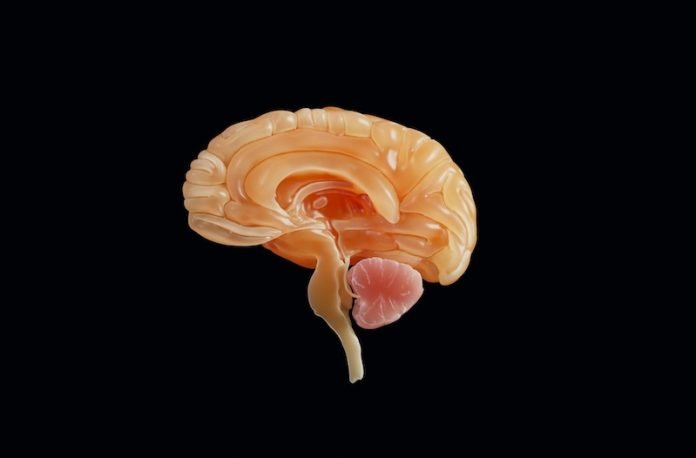
Researchers at the University of Illinois Urbana-Champaign have made a groundbreaking discovery in the study of Alzheimer’s disease using a mouse model.
They’ve identified that a surge in a neural-specific protein, PSD-95, occurs very early in the disease’s progression, marking the earliest biomarker for Alzheimer’s detected so far.
This increase in PSD-95 not only signifies the onset of Alzheimer’s but also leads to seizures, a symptom associated with the disease’s early stages.
Nien-Pei Tsai, a professor at the university and the study’s lead, explained that their focus on the early lifespan of mice, before other markers of Alzheimer’s appear, helped uncover this significant finding.
The aim was to catch the earliest changes in the brain that could pave the way for early diagnosis and potentially slow the progression of this irreversible condition.
Improving patients’ quality of life remains a central goal, especially since Alzheimer’s disease is known for its gradual, inevitable decline in neural function.
PSD-95 plays a crucial role in the brain’s synaptic spaces, where neuron signals are passed back and forth. The researchers observed that higher levels of PSD-95 led to increased brain hyperexcitability, which precedes and worsens neurodegeneration in Alzheimer’s patients.
To test the impact of PSD-95 on seizure activity, the team inhibited this protein in mice, resulting in fewer seizures and a lower mortality rate from such episodes.
These findings, published in the journal EMBO Reports, suggest that PSD-95 not only serves as an early biomarker for Alzheimer’s but also offers a new target for research, diagnosis, and treatment.
The researchers are hopeful about partnering with clinical teams to see if these results in mice correlate with human Alzheimer’s patients.
They also plan to explore how PSD-95 interacts with other receptors, which may further unravel its role in Alzheimer’s symptoms and progression.
This study shines a light on the potential of targeting specific proteins like PSD-95 to combat Alzheimer’s disease at its onset.
By focusing on early markers and the mechanisms that lead to neural damage, scientists are making strides toward more effective treatments and earlier diagnoses, offering hope for those affected by this challenging condition.
If you care about brain health, please read studies about vitamin D deficiency linked to Alzheimer’s and vascular dementia, and higher magnesium intake could help benefit brain health.
For more information about brain health, please see recent studies about antioxidants that could help reduce dementia risk, and coconut oil could help improve cognitive function in Alzheimer’s.
The research findings can be found in EMBO Reports.
Copyright © 2024 Knowridge Science Report. All rights reserved.



